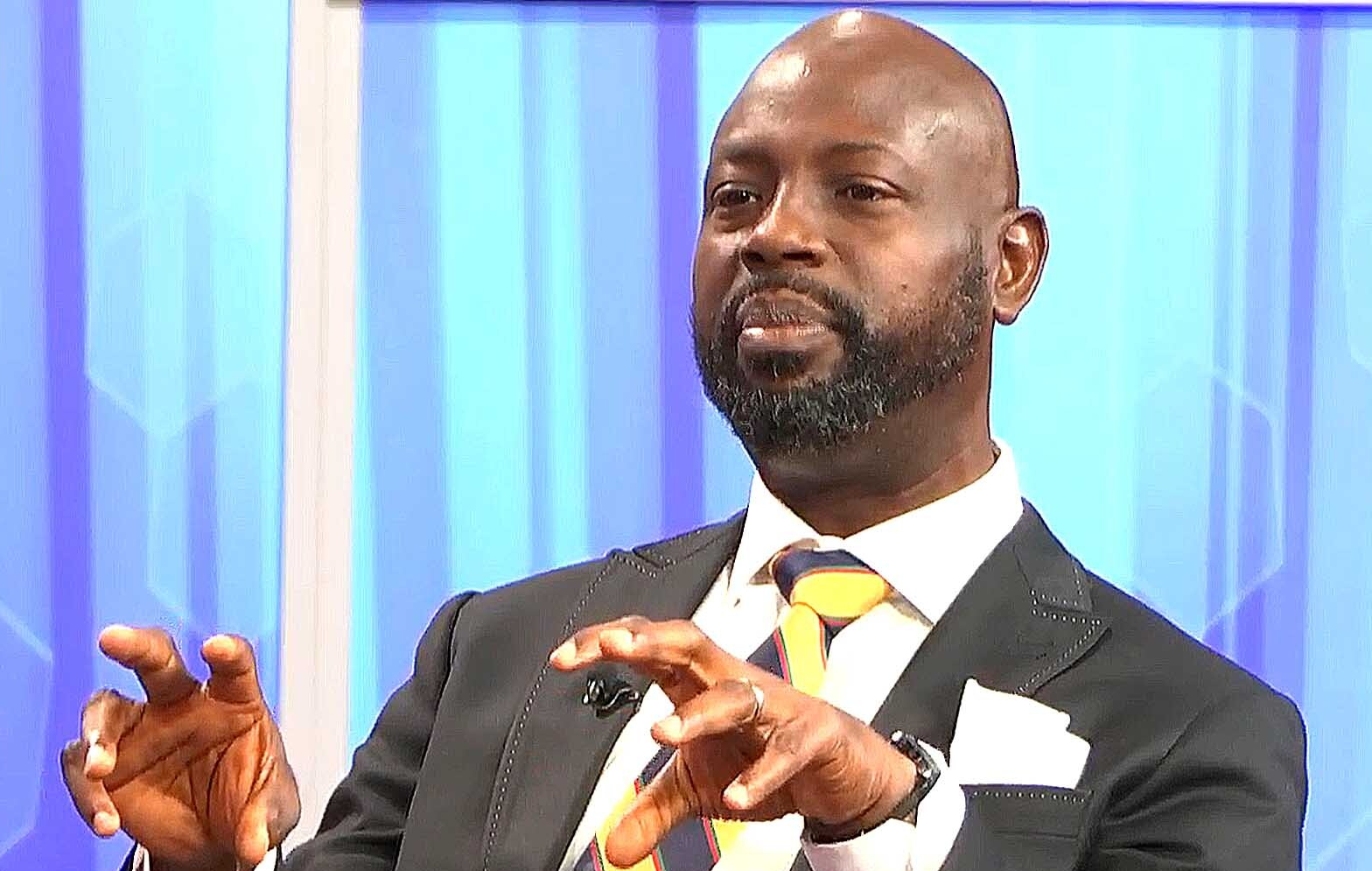Nigeria
Faseru Calls for 50-Year Development Plan to Drive Nigeria’s Progress

Renowned leader Faseru urges Nigerian leaders to adopt a 50-year development plan, emphasizing long-term strategies for sustainable growth and national prosperity.
Televangelist Femi Faseru emphasizes the need for Nigerian leaders to create a 50-year plan focused on the nation’s comprehensive development.
Faseru, the Resident Pastor at Kingsway International Christian Centre in Lagos, pointed out that a lack of vision is one of the key factors contributing to Nigeria’s numerous developmental challenges.
“We’re facing issues with leadership, there’s certainly a problem with the leaders themselves, and we’ve had challenges related to followership as well as management,” stated the preacher on Monday during The Morning Brief program on Channels Television.
Faseru stated that politicians and government officials have been unsuccessful in establishing a lasting vision for Nigeria, instead merely attempting to make use of the nearly obsolete vision set by the nation’s founding fathers.
The preacher stated that without vision, progress is impossible and leaders cannot earn the loyalty and respect of their followers.
He stated, “We must not overlook the absence of a clear vision. When I mention vision, I’m referring to more than just a four-year perspective. If you ask anyone what our leaders’ plans for Nigeria in 20 years are, many people would likely struggle to articulate it.”
Government leaders often campaign on the promise to accomplish everything within a four-year term, which is unrealistic. Given the numerous setbacks our country has faced over decades, having just a four-year vision indicates that we are not truly serious about addressing these challenges effectively.
Therefore, we need to establish 20-year, 25-year, and even 50-year plans for a nation like ours. Combined with other factors, these long-term strategies represent the challenges we face today.
“I did mention that we have an issue with leadership, questioning whether ‘do we really have leaders?’” he remarked. He suggested that politicians have turned into managers of the economy instead of being visionaries.
